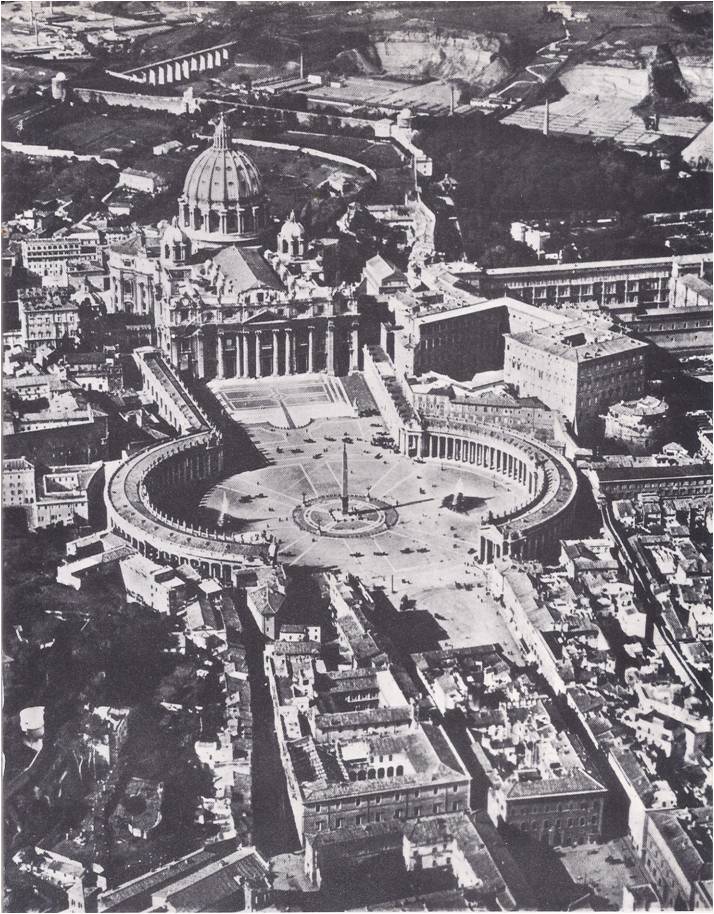In 1492, young Giovanni de’ Medici bade farewell to his father, Lorenzo the Magnificent and left Florence to take his place in Rome among the cardinals of the church. At sixteen, Giovanni was a nobleman in the court of the pope, a man of influence and power. That was fortunate, for when Giovanni was eighteen, his family’s power collapsed. The Florentines drove the Medici from their city and Giovanni, who had come home for a visit, narrowly escaped being stoned by the citizens who once had cheered him. As he crept out of the city, disguised as a poor friar, …
Read More »Tag Archives: Pope Innocent III
The Crusades 1096-1260
ON A COLD NOVEMBER DAY IN 1096, a great crowd of people gathered in a field at the town of Clermont in France. They had come from miles around and near them were pitched the tents they had put up for shelter. For some days, Pope Urban II had been holding a great council of cardinals, bishops and princes. Today he was to speak to the people and so many wanted to hear that no building was large enough to hold them all. A platform had been built in the center of the field and as Pope Urban stepped up …
Read More »The Power of the Church 529 – 1409
IN THE YEAR 1134, in the town of Chartres in France, the church burned down. The church was a cathedral — that is, it was the church of a bishop. The bishop at that time was Theodoric and he immediately began the construction of another cathedral. He knew that the task would not be an easy one; it meant raising large sums of money and finding many workmen and the actual work of building would take years. Bishop Theodoric allowed nothing to stop him, he won the support of the people, of commoners and nobles alike. An eye-witness, who visited …
Read More »The Church and the Empire A.D. 527-1261
CHRISTIANITY, as the official religion of Byzantium‚ was under the control of the government. The emperor was the head of both church and state and high church officials in the East recognized him as the religious leader of the land. One of them wrote, “Nothing should happen in the Church against the command or will of the Emperor.” The church organization was similar to that of the state. As its head, but under the emperor, was the patriarch of Constantinople, who was appointed by the emperor. The appointment had to be approved by high church officials, but actually they never …
Read More »


